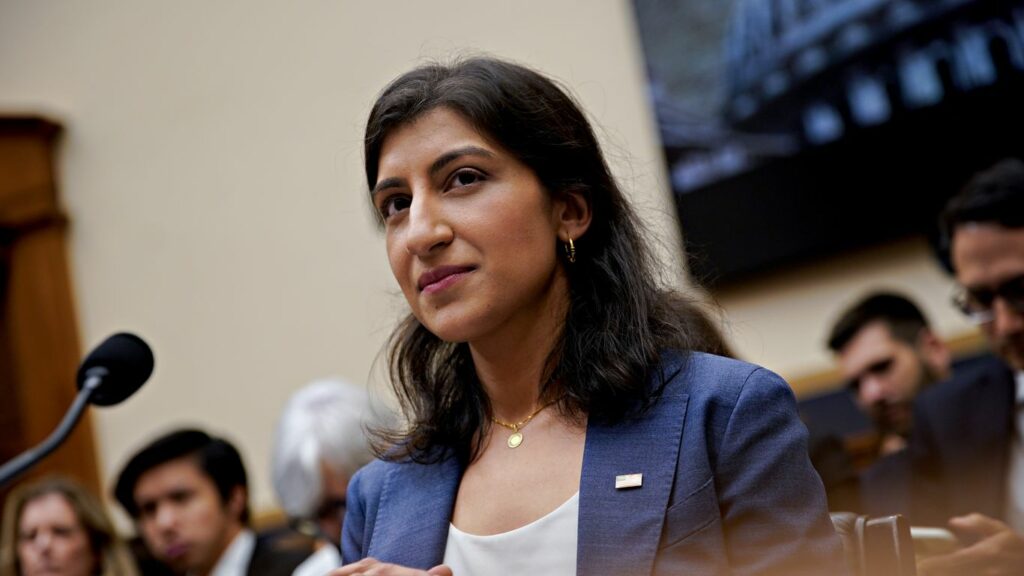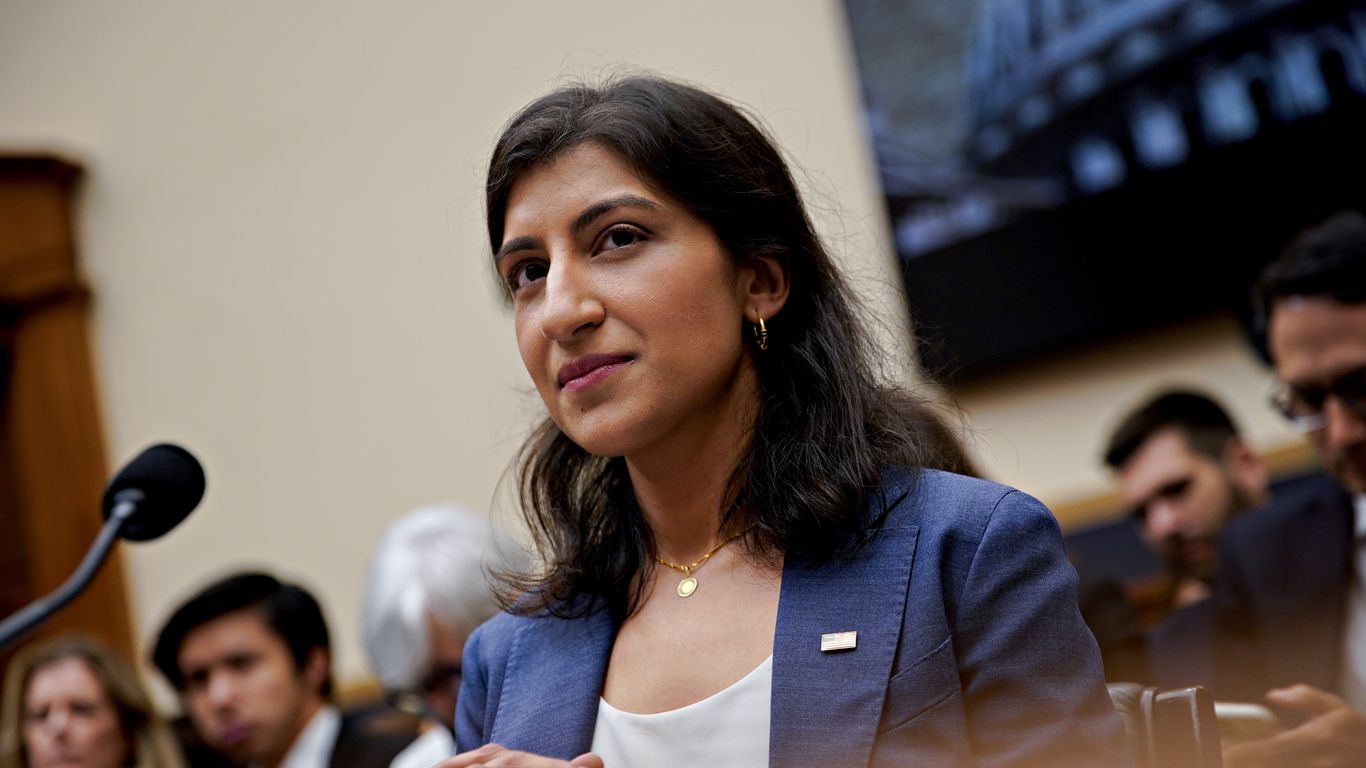Breaking News
Popular News





Enter your email address below and subscribe to our newsletter
by dustkey

The Federal Trade Commission (FTC) is turning its investigative lens toward artificial intelligence, specifically focusing on OpenAI, the organization behind the groundbreaking AI language model known as ChatGPT. This inquiry, confirmed by a source familiar with the matter to Axios, seeks to explore how OpenAI manages the risks associated with its AI technologies. This development underscores the increasing scrutiny over the ethical, safety, and privacy implications of artificial intelligence as it becomes more integrated into everyday life.
As AI systems like ChatGPT continue to grow in capability and influence, they raise significant questions about data privacy, misinformation, and bias. These concerns are not just theoretical; they have tangible impacts on various aspects of society, including social media, customer service, and content creation. The FTC’s investigation signals a regulatory focus on ensuring that AI advancements do not outpace the development of adequate governance frameworks that protect consumers.
AI models like ChatGPT are trained on vast amounts of data and have the ability to generate human-like text. While this technological leap presents significant opportunities for innovation, it also poses risks of misuse. For instance, malicious actors could leverage AI to generate misleading information at scale or automate cyber attacks. This potential for misuse partly fuels the FTC’s keen interest in OpenAI’s risk management strategies.
The inquiry into OpenAI is part of a broader regulatory effort to scrutinize technology companies that wield significant influence in the digital world. In recent years, the FTC has ramped up investigations into privacy practices and anti-competitive behavior within the tech industry. The move against OpenAI aligns with these efforts, reflecting a proactive stance on ensuring that the deployment of cutting-edge technologies remains aligned with the public interest.
Globally, regulators are also taking action. For instance, the European Union has been at the forefront of tech regulation with its General Data Protection Regulation (GDPR) and the proposed AI Act, aimed at creating a comprehensive framework to address AI-related challenges.
This investigation might set a precedent for how future AI technologies are regulated in the United States. An important aspect of this process will be balancing the need for innovation with the necessity of protecting consumers and maintaining public trust in AI systems.
As this investigation unfolds, it will likely inform broader discussions and policymaking efforts surrounding AI technologies. Stakeholders ranging from tech companies and policymakers to ethicists and the public will be watching closely, understanding that the outcomes could shape the landscape of AI governance for years to come.
The FTC’s actions highlight the importance of transparent and accountable AI development practices. As OpenAI responds to the inquiry, the industry may gain valuable insights into the regulatory expectations that could define a new era of AI oversight.